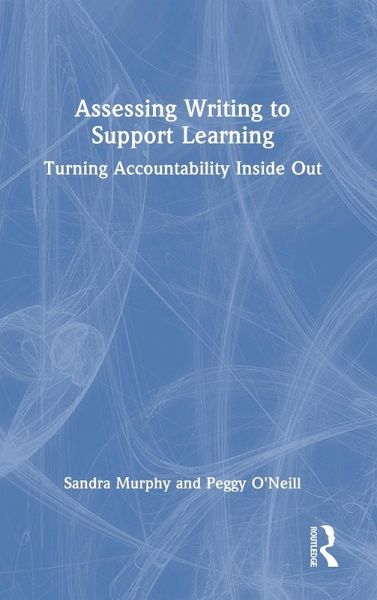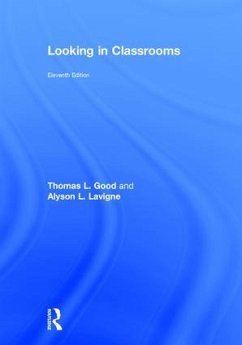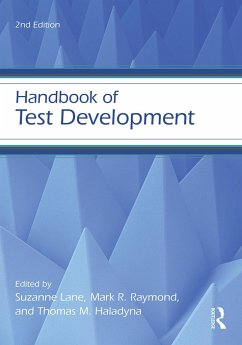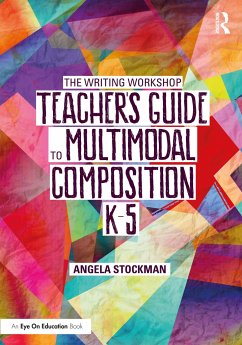
Assessing Writing to Support Learning
Turning Accountability Inside Out
Versandkostenfrei!
Versandfertig in 1-2 Wochen
149,99 €
inkl. MwSt.
Weitere Ausgaben:

PAYBACK Punkte
75 °P sammeln!
Murphy and Oâ Neill examine the landscape of high-stakes, test-based writing curriculum and assessment and propose a new way forward that centers student learning and success. The authors demonstrate how a test-based approach to accountability and current practices have undermined effective teaching and learning of writing.













